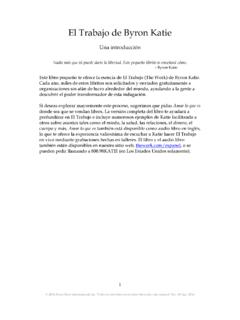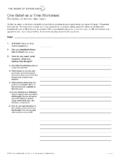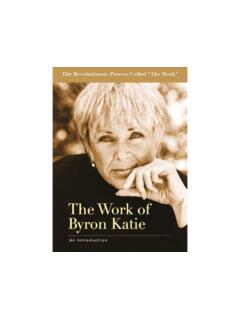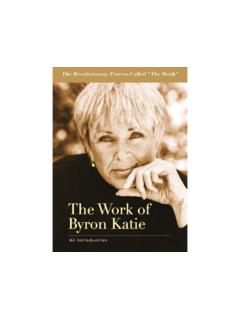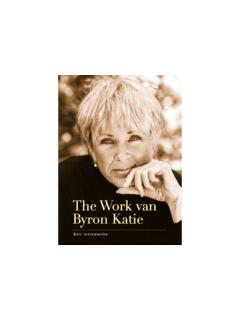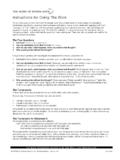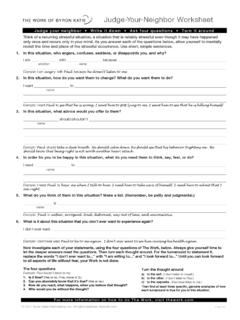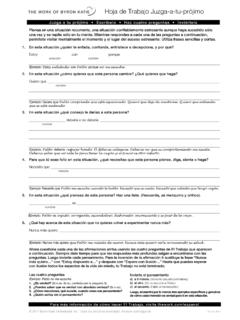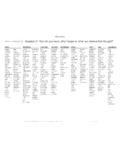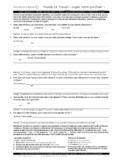Transcription of Facilitation Guide for The Work of Byron Katie
1 For more information on how to do The work , visit 2017 Byron Katie International, Inc. All rights reserved. 26 June 2017 Facilitation Guide for The work of Byron Katie Four Questions and Turnarounds Use the following four questions and optional sub-questions with the concept that you are investigating. When answering the questions, close your eyes, be still, and witness what appears to you. Inquiry stops working the moment you stop answering the questions. 1. Is it true? (Yes or no. If no, move to question 3.) 2. Can you absolutely know that it s true?
2 (Yes or no.) 3. How do you react, what happens, when you believe that thought? Does that thought bring peace or stress into your life? What images do you see, past and future, and what physical sensations arise as you think that thought and witness those images? What emotions arise when you believe that thought? (Refer to the Emotions List, available on ) Do any obsessions or addictions begin to appear when you believe that thought? (Do you act out on any of the following: alcohol, drugs, credit cards, food, sex, television, computers?) How do you treat the person in this situation when you believe the thought?
3 How do you treat other people and yourself? 4. Who would you be without the thought? Who or what are you without the thought? Turn the thought around. A statement can be turned around to the self, to the other, and to the opposite. Find at least three specific, genuine examples of how each turnaround is true for you in this situation. For each turnaround, go back and start with the original statement. For example, He shouldn t waste his time may be turned around to I shouldn t waste my time, I shouldn t waste his time, and He should waste his time.
4
